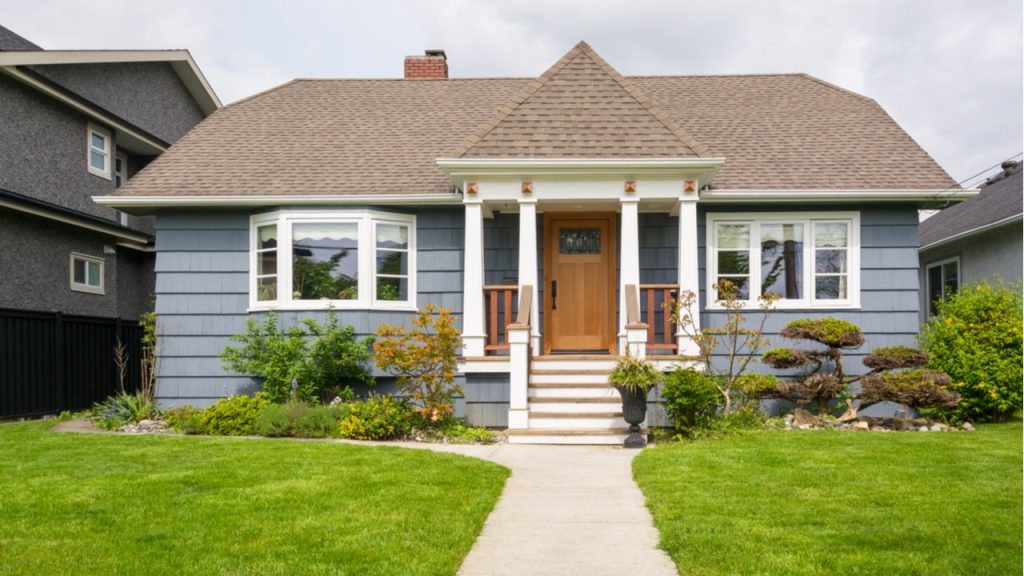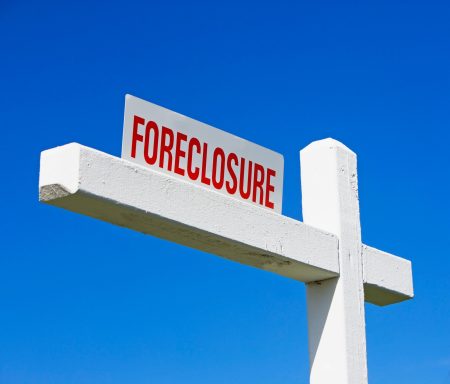Key takeaways
- As an heir, you have several options, such as moving into the home and assuming the mortgage, buying out other heirs if they also inherited a portion of the property or selling the house and using the proceeds to pay off the mortgage.
- Even if you plan to sell the home, you must usually continue making mortgage payments, as well as paying property taxes and insurance premiums.
- Your decision about what to do with the home will be affected by whether the house has a reverse mortgage or whether the mortgage is larger than the home value.
If you inherit a home with a mortgage, then you also inherit that mortgage. You likely have options — for example, taking over the mortgage or selling the home — but sorting through them can be stressful and confusing. And if the home has a reverse mortgage or another special circumstance, this can affect the option you pick.
Here’s what you need to know about inheriting a home with a mortgage.
First steps when you inherit a house with a mortgage
Before making a decision about what to do with a home, you’ll want to take a few steps.
Review the mortgage terms
Understanding the mortgage’s parameters can help you figure out what to do with the home. Zero in on the outstanding balance, the size of the monthly mortgage payment, the mortgage’s interest rate and whether it’s a fixed or variable rate.
Get advice from an attorney
Even if you’re pretty certain that you’d like to sell or keep the home, an attorney specializing in elder law or estate planning can advise on next steps and ensure that you’ve met all the legal requirements. This is especially true if there’s a lot of money at stake, or if there are several heirs or properties located in multiple jurisdictions.
Keep making mortgage payments
Even if the borrower dies, the mortgage still needs to be repaid while the estate is sorted out. If you miss mortgage payments, you may face late payment fees or risk losing the home to foreclosure.
To make mortgage payments on the home, you’ll need to find out:
To change payment specifics — for example, to have the statements delivered to your physical or email address — contact the servicer.
Research “death tax” consequences
The estate executor will deal with federal estate tax, which is paid out of the deceased person’s assets. But if it comes into play, you may want advice from an attorney.
Keep in mind that, in 2025, an estate must be worth over $13,990,000 before federal estate taxes kick in — so the odds of owing it are somewhat small. In 2021, 6,158 federal estate tax returns were filed, and of those, just 2,584 returns, or just over half, were taxable, according to the Tax Foundation.
Aside from federal liability, some states have estate taxes of their own. Some also have inheritance taxes, which heirs are responsible for paying. All told, 17 states and Washington, D.C., also have either an estate tax, an inheritance tax or both.
Your options if you inherit a house with a mortgage
Option 1: Assume the mortgage
If you decide to keep the home — whether you want to move in or rent it out — you can assume the mortgage in your name. In this case, you’ll simply continue paying the monthly mortgage bills.
If you decide to assume the loan and transfer the home’s deed to your name, the lender or servicer should be willing to work with you. This is because heirs have significant leverage in dealing with a mortgage in an estate situation, thanks to the Garn-St. Germain Depository Institutions Act of 1982.
The Garn-St. Germain Act is a law that protects relatives who inherit property with outstanding mortgages. In particular, this act bars lenders from enforcing the due-on-sale clause. Often a part of mortgage contracts, due-on-sale clauses require full repayment of the loan in the event of a change in ownership.
Option 2: Buy out other heirs — or accept a buy-out
If other beneficiaries inherited a portion of the property, you may need to buy them out if you want to move into the home yourself.
To buy out other heirs, you’ll first get the property appraised and reach an agreement on the value and the price the other heirs will receive for their share. If you don’t have the cash on hand for the buy-out, you may qualify for financing, such as a probate or estate loan or a cash-out refinance.
Alternatively, if one of the other heirs wants to move into the home, you may need to weigh the terms of their proposed buy-out.
Option 3: Sell the home
Beneficiaries could jointly choose to sell the inherited home and use the proceeds to pay off the mortgage. If there’s cash remaining after the sale is finalized, the money can be distributed amongst the heirs according to the deceased’s will, if it specifies, or state law.
If you do decide to sell the home, make sure you understand the potential tax consequences, including capital gains taxes. This tax is paid on any amount you receive that exceeds the home’s original purchase price, also known as its tax basis — in other words, any profit on the sale.
When you inherit a home, its tax basis will be stepped up to reflect the home’s current market value, which often entirely eliminates any capital gains taxes that may be due. You can also take any money spent on renovations or major repairs into account in determining the sale proceeds. However, if you wait several years to sell the property, and it continues to increase in value, you may be responsible for capital gains taxes.
Inheriting a house with a reverse mortgage
If the deceased had a reverse mortgage on the home, you may have a few different options. According to Mike Roberts, founder of MyHECM.com and author of “The Reverse Mortgage Revealed: An Industry Insider’s Guide to the Reverse Mortgage,” these include:
- Paying off the balance: If you can pay off the balance in full, you can take possession of a home.
- Refinancing: You can refinance the inherited reverse mortgage into a traditional one, paying off the balance owed when you refinance.
- Selling the home: You can sell the home for 95 percent of the appraised value.
- Agreeing to a deed in lieu of foreclosure: By giving the lender the deed to your home, you will walk away from the home without owing anything on it.
If you inherit a house with a reverse mortgage, time is not on your side. There’s a six-month window to repay the debt, though it can be extended if the heir is actively working to pay off the loan, Roberts says.
“If the reverse mortgage isn’t paid off [by the one-year mark], the lender is required by HUD to begin the foreclosure process,” Roberts says. “The word ‘foreclosure’ carries very negative connotations, but it’s a normal part of settling up a reverse mortgage once the last borrower or non-borrowing spouse passes away.”
If you’re a surviving spouse, and you’re on the reverse mortgage, nothing will change, Roberts says. Even if you aren’t on the mortgage — a “non-borrowing spouse,” in mortgage lingo — you can still keep the home. But if you weren’t married to the borrower and moved in after the reverse mortgage was taken out, your situation might be more complicated.
“Once the last surviving borrower or non-borrowing spouse dies, the taxes and insurance cease being paid unless an heir chooses to continue the payments,” says Roberts. “[The] heirs will dictate what happens to the home and whether the significant other can remain living in it.”
Note, too, that when you take on a reverse mortgage, you’re responsible for continuing to pay homeowners insurance and property taxes and keeping the home in good shape.
Inheriting a house with an underwater mortgage
There are cases when the value of the inherited home is less than the outstanding mortgage debt, meaning the home has negative equity or is “underwater.” As the heir, this may be a major factor in determining whether to keep or sell the home.
If you inherit a house with an underwater mortgage:
- Check the appraised value: Double-check that the home’s appraised value is correct.
- Know the loan type: If the mortgage is a non-recourse loan — meaning the borrower doesn’t have to pay more than the home’s value — the lender may have few options outside of foreclosure. The same generally applies for a reverse mortgage.
- Consider a short sale: If the value is less than the outstanding mortgage balance, you might consider requesting a short sale or a deed in lieu of foreclosure with the lender.
Who inherits the mortgage if there isn’t a will?
If a person dies without a will and leaves behind a home — with or without a mortgage — courts will determine who inherits it. The laws governing this process vary by state. If you believe you have a claim to a property in this situation, contact an attorney.
Wills, living wills, trusts and other estate-planning documents are crucial. If you’re seeking legal help, the National Academy of Elder Law Attorneys (NAELA) has a look-up tool to find attorneys in your area.
FAQ
Read the full article here









